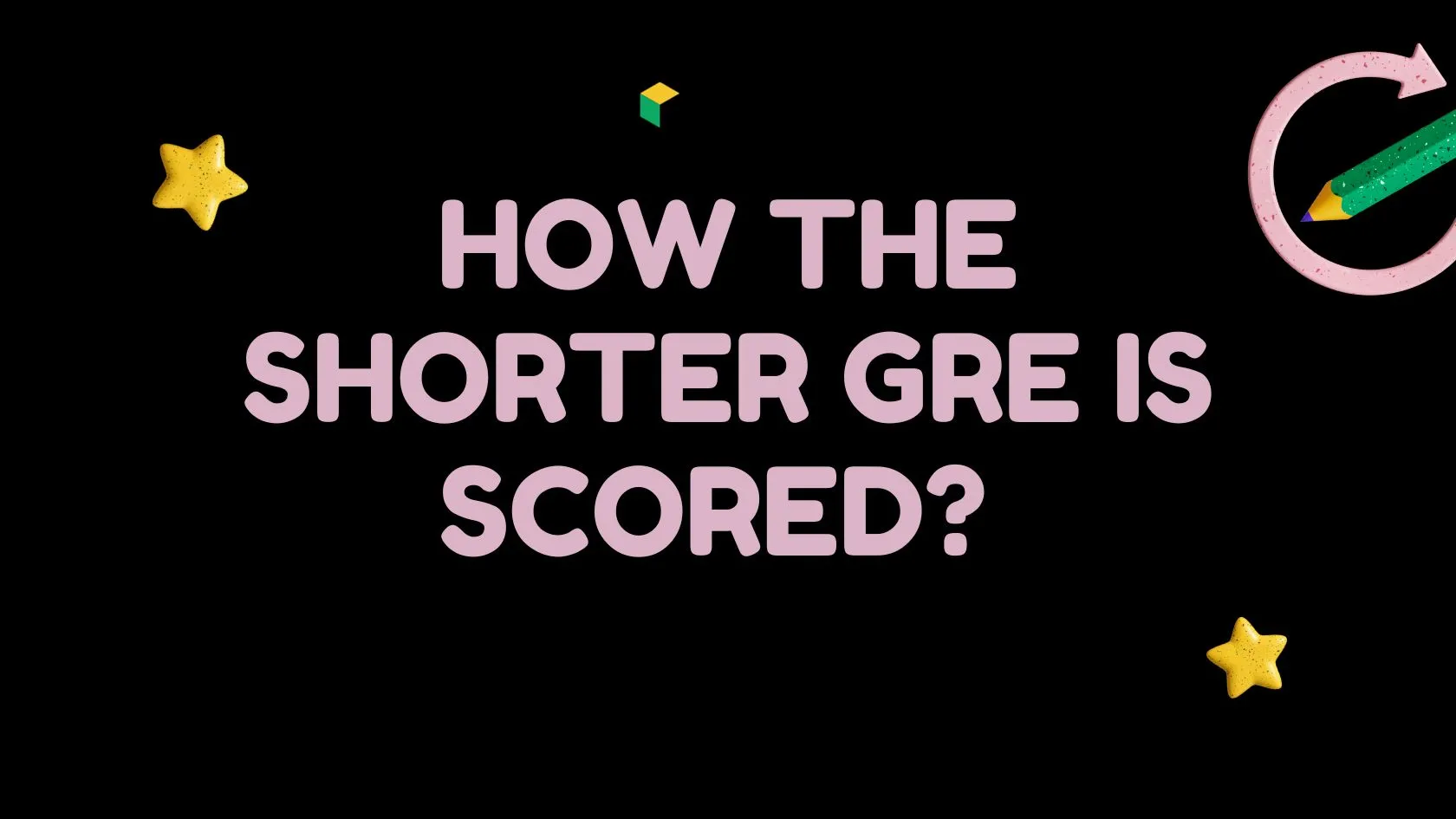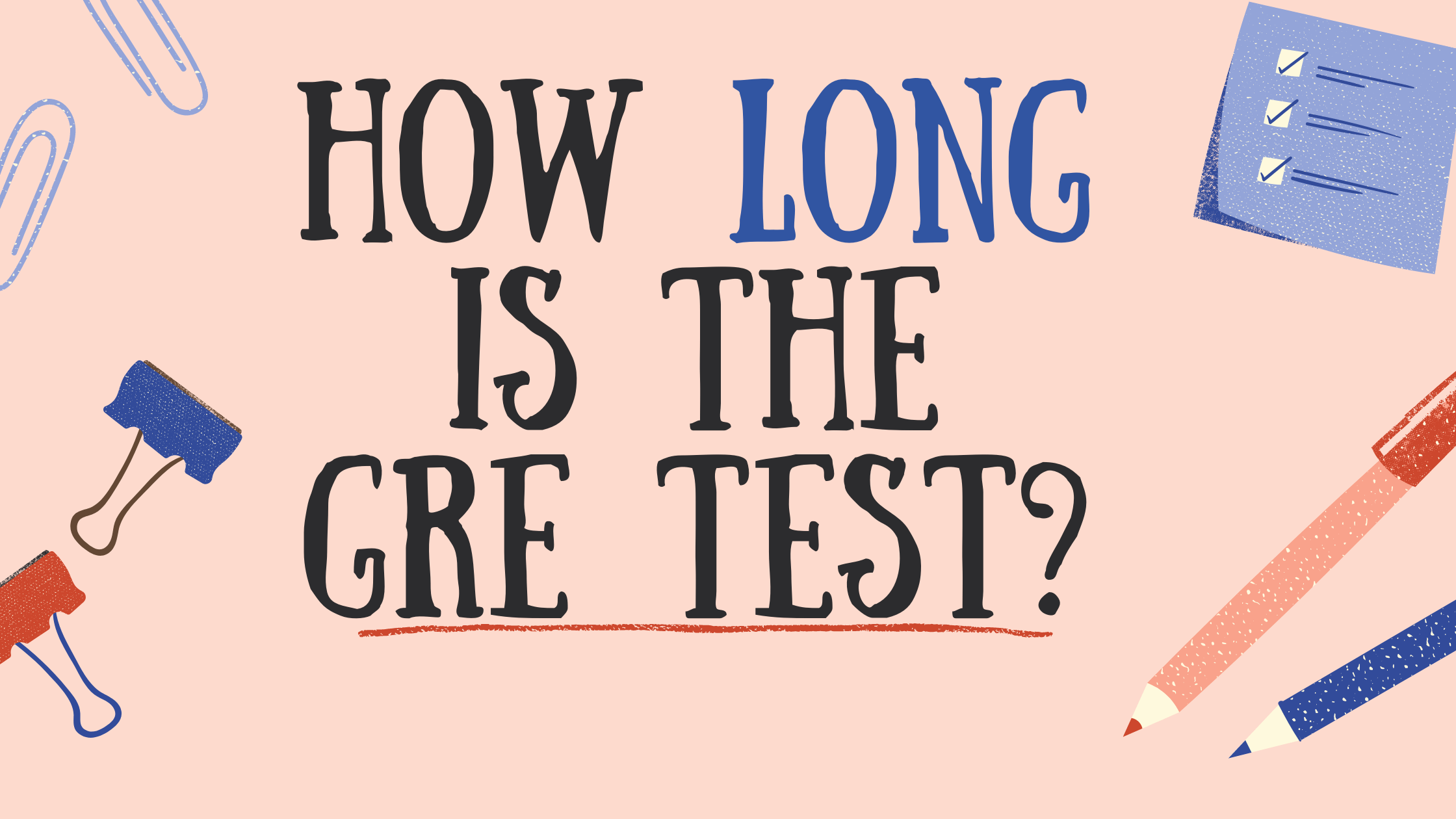A lot of students, especially those who haven’t studied Math in their undergraduate studies, struggle with the Quantitative Reasoning section. They often ask about how to prepare for the GRE Math section and what is a good GRE math score?
In this article, we will talk about how to make a GRE study plan for the GRE Math section and a good range of GRE scores.
The GRE test is a requirement for students from all fields of study, such as English, Fine Arts, Agriculture, Business Studies, Engineering, and so on. Consequently, it’s clear that not all students have the same math skills. On the one extreme, we have Medical and English major students who do not take quantitative courses. On the other end, we have students who belong to the Engineering and Math fields, where math is their strong suit.
Even within Engineering fields, math skills required and undertaken by each engineer vary. Thus, for each individual, their study plans would be different because of the variation in their quantitative skills. In other words, there is no one-size-fits-all or single formula for every test taker.
Step 1: Math Diagnostic Test: (FREE)
The first step is to take a diagnostic test and understand where your current mathematical skills lie.
- Go to www.scholarden.com
- Sign up as a student. Take a free diagnostic test and analyze your performance based on the following steps.
Step 2: Concept Building:
If you are unable to score more than 80% on Scholarden’s diagnostic test, it means that your conceptual understanding needs to be improved.
At ScholarDen, we train students with mathematical concepts based on the ETS curriculum. There are 33 topics, which contain both video and text lessons, that align with the GRE’s latest style of questions.
After every lesson, there are 25 quiz questions that will help you refine your math skills and practice what you have learned so far.
After you are done with concepts, then you should follow the guidelines mentioned in step 3.
Step 3: Quiz Questions:
If your score falls between 80 to 90% in your diagnostic test or you have covered all concepts on the Scholar Den platform, then you should do 750+ quiz questions that are available on the Scholarden platform, i.e., 25 questions at the end of every lesson.
After that, move on to the more advanced and tricky math practice questions. Your next step should be to move on to the following practice material:
Step 4: Practice Questions
- Easy Level Practice:
If your score is 90% or above, or you have completed practicing all quiz questions, then you should go to Scholarden to practice trickier questions. Start with solving all easy-level tricky questions and assess your accuracy.
- Medium Level Practice:
After solving all easy-level questions, if your performance on those questions has more than 85% accuracy, you should review your mistakes and move on to the medium-level questions.
After medium questions, repeat the same process of reviewing mistakes and analyzing weak areas. Watch the video and text explanations on Scholarden Lessons and ensure that your conceptual understanding is 100%.
- Hard Level Practice:
After that, move on to the hard-level practice questions from Scholarden.
After hard questions, repeat the same process of reviewing mistakes and analyzing weak areas. Watch the video and text explanations on Scholarden Lessons and ensure that your conceptual understanding is 100%.
Score Prediction (100% Accurate):
- If your accuracy is 85% on all sets of Easy, Medium, and Hard Level Practice Questions, then your real average GRE math score would definitely be 166+.
- If your accuracy is 82% on all sets of Easy, Medium, and Hard Level Practice Questions, then your real average GRE math score would definitely be 165.
- If your accuracy is 74% on all sets of Easy, Medium, and Hard Level Practice Questions, then your GRE Quant score will be 164.
- If your accuracy is 70% on all sets of Easy, Medium, and Hard Level Practice Questions, then you will definitely get 160 in the real GRE.
- If your accuracy is less than 70% on all sets of Easy, Medium, and Hard Level Practice Questions, then your GRE quant score will be less than 160.
This score prediction is based on thousands of students’ real GRE scores.
Step 6: Mocks:
After sufficient practice, take full-length mock tests available on the Scholar Den platform and at ETS.
GRE Scores:
Verbal and Quantitative Reasoning target scores vary from university to university and program to program.
For example, different Engineering and Finance programs have different requirements for GRE Math scores. CS and Electrical Engineering are the most competitive, so if you are opting for a top-tier university for either of these programs, you should aim for a score of 165+ or, ideally, a perfect GRE Math score.
Similarly, programs in Social Sciences and English do not consider GRE Math scores to be very important. The average GRE Math score of test-takers for Social Sciences is 152, while the average GRE Math score for Education programs is even lower at 148 out of 170.
Thus, while aiming for a particular score, one should be mindful of the university and the specific program they are targeting and aim to achieve a score higher than the average scores of the program or the university admits.
Read on: How did I score 330 with a perfect 170 in Math?









